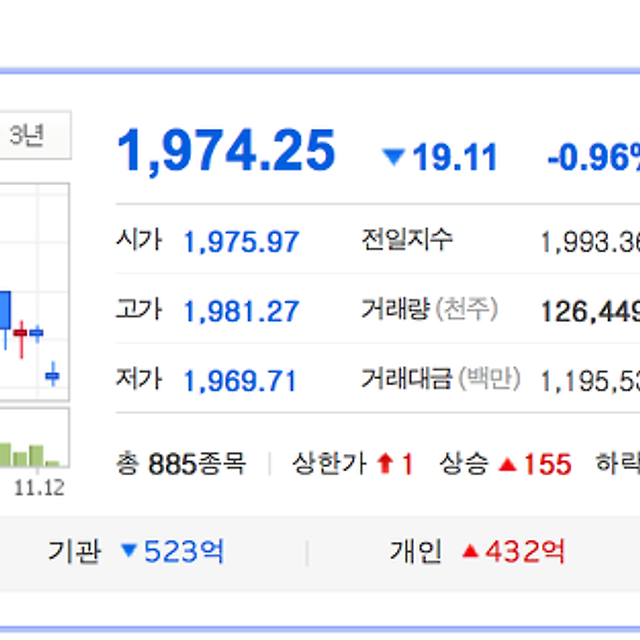China is clearly in economic trouble. But how worried should we be about spillovers from China’s woes to the rest of the world economy? I have in general been telling people “not very”, although it’s a bigger issue for Japan and Korea. But Citi’s Willem Buiter suggests that it could be a quite big deal, leading to a global recession. And Willem is a very smart guy; read his “Alice in Euroland“, from 1998 (!), warning of the dangers of EMU’s “lender of last resort vacuum.” So could he be right?
Let me start with the case for not worrying too much, which comes down to the fact that China’s economy, while big, is still a small fraction of the global economy — about 15 percent at market exchange rates, which both Buiter and I consider the relevant number.
Now, we have a very old but still useful way to think about the simple economics of interdependence: the foreign trade multiplier. Imagine a world of two countries, A and B, in which A has a recession. This will cause A’s imports from B to fall, with a contractionary effect on B. B’s contraction leads to a fall in imports from A, leading to a further slump in A’s economy, leading to still lower imports from B, and so on.
This may sound like an explosive process, but given realistic numbers it’s actually convergent, and in fact the later-round effects should be trivial. Chinese imports from the rest of the world are less than 3 percent of the ROW’s GDP. Suppose China experiences a 5 percent slump in its own GDP; given an income elasticity of 2, which is reasonable, this would mean a 10 percent fall in imports — but that’s a shock to the rest of the world of just 0.3 percent of GDP. Not nothing, but not that big a deal.
My sense, however, from episodes like the 1997-98 Asian crisis, is that we often see a lot more contagion of economic crisis than this kind of model can explain. So what else might go on?
One possibility is to focus on prices as well as volumes: it’s possible that a Chinese slump could, via its impact on commodity prices, do a lot more harm to some other emerging markets than the above analysis suggests. I’m still working on this, although so far I don’t seem to be finding much there.
Another possibility is an international version of thefinancial accelerator. As Buiter points out, many emerging markets seem to be vulnerable thanks to private-sector foreign currency debt (which was so deadly in 1997-98). So you can imagine that a China-driven slump in exports leads to currency depreciation, which leads to financial troubles, which leads to much sharper declines in GDP than a direct export multiplier would have suggested.
Maybe, also, we could see some version of the financial contagion so obvious in the 1990s. Troubles in Brazil might make investors leery of other emerging markets, driving up interest spreads and forcing fiscal austerity that worsens the downturn. Or for matter, to the extent that the same hedge funds have been buying assets in a number of emerging nations, losses in one place could force them to liquidate assets elsewhere, causing a sort of global debt deflation. That was a popular story in the 1990s, and might apply again.
Overall, I’m not convinced of the Buiter thesis; China still seems to me not big enough to bring down the rest of the world. But I’m not rock-solid in that conviction, largely because we’ve seen so much contagion in the past. Stay tuned.



